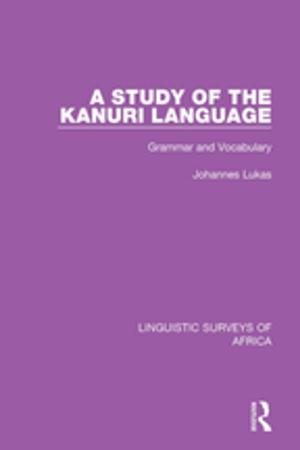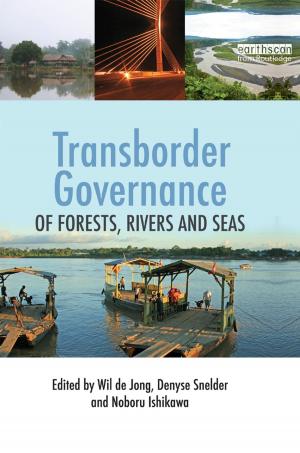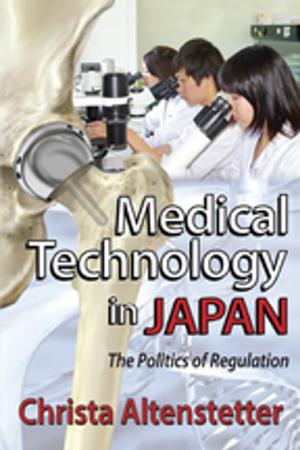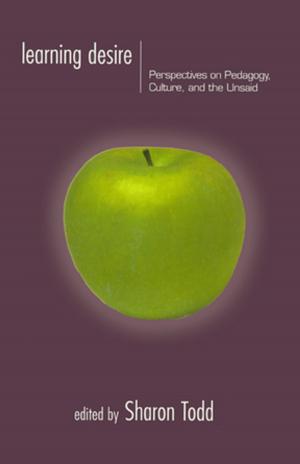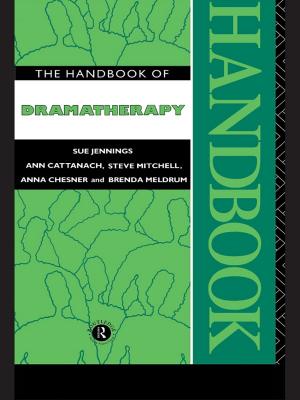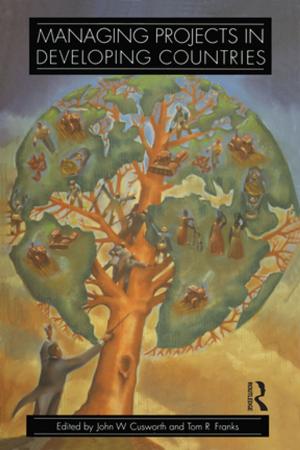Science 3-13
The Past, The Present and Possible Futures
Nonfiction, Reference & Language, Education & Teaching, Teaching, Teaching Methods| Author: | ISBN: | 9781134586912 | |
| Publisher: | Taylor and Francis | Publication: | January 4, 2002 |
| Imprint: | Routledge | Language: | English |
| Author: | |
| ISBN: | 9781134586912 |
| Publisher: | Taylor and Francis |
| Publication: | January 4, 2002 |
| Imprint: | Routledge |
| Language: | English |
Which factors have been influential in developing science teaching and learning for the three to thirteen age group in the last twenty years? How might these factors have an impact on the future direction of science teaching and learning for this age range into the 21st century? How can teachers cope with the changes?
Science 3-13 explores some of the historical antecedents of the current position of science in the lives of younger children. It covers the various influences, both from within and outside the teaching profession, that have shaped the current science curriculum. Current practice is examined and, on this basis, speculations are made about the future position and direction of this important subject.
The contributors each cover a particular aspect of science for the 3-13 age range but common themes emerge such as the influence of government intentions, particularly through the development of the National Curriculum. The role of research groups and the impact of ICT on the teaching profession as to what is important to teach and how science and science teaching should be viewed within society are shown to be important factors in the mix that contributes to change.
This book forms part of a series of key texts which focus on a range of topics related to primary education and schooling. Each book in the Primary Directions Series will review the past, analyse current issues, suggest coping strategies for practitioners and speculate on the future.
Which factors have been influential in developing science teaching and learning for the three to thirteen age group in the last twenty years? How might these factors have an impact on the future direction of science teaching and learning for this age range into the 21st century? How can teachers cope with the changes?
Science 3-13 explores some of the historical antecedents of the current position of science in the lives of younger children. It covers the various influences, both from within and outside the teaching profession, that have shaped the current science curriculum. Current practice is examined and, on this basis, speculations are made about the future position and direction of this important subject.
The contributors each cover a particular aspect of science for the 3-13 age range but common themes emerge such as the influence of government intentions, particularly through the development of the National Curriculum. The role of research groups and the impact of ICT on the teaching profession as to what is important to teach and how science and science teaching should be viewed within society are shown to be important factors in the mix that contributes to change.
This book forms part of a series of key texts which focus on a range of topics related to primary education and schooling. Each book in the Primary Directions Series will review the past, analyse current issues, suggest coping strategies for practitioners and speculate on the future.




